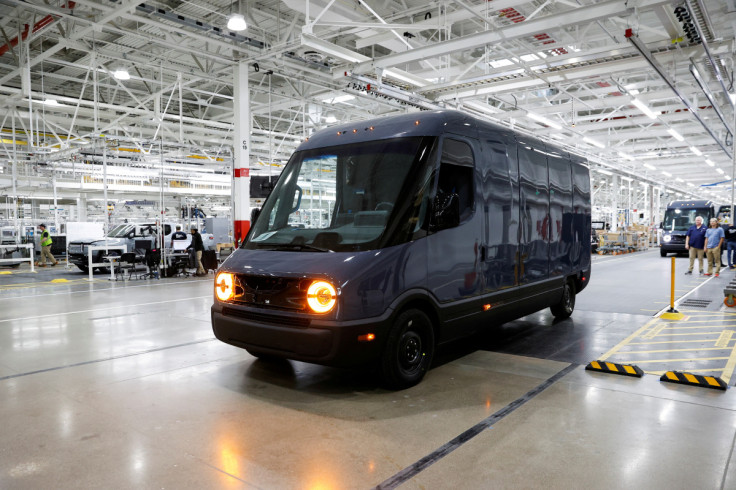EU Formulates Contingency Plan to Mitigate Impact of 10% Brexit Tariff on Electric Vehicles
The commission expressed apprehension that any decision to lift the tariff could be viewed as a violation of the Brexit Trade and Cooperation Agreement (TCA).

As the automotive industry grapples with the ramifications of Brexit, the European Union (EU) has devised a strategic backup plan to alleviate the impact of the 10 per cent tariff imposed on electric vehicles (EVs).
This move aims to safeguard the burgeoning electric vehicle market from disruptions and foster sustainable transportation initiatives in the wake of the UK's departure from the EU.
The 10 per cent tariff, implemented post-Brexit, has become a pressing concern for both automakers and consumers.
The proposal was introduced to member states on Monday as a response to mounting pressure from car manufacturers seeking adjustments to certain conditions established during the UK's departure from the EU in January 2021.
The commission expressed apprehension that any decision to lift the tariff, even on a temporary basis, could be viewed as a violation of the Brexit Trade and Cooperation Agreement (TCA).
Consequently, such an action would necessitate revisiting the entire agreement, a stance vehemently opposed by the commission.
In response to this challenge, the EU is taking proactive measures to minimise the adverse effects on the electric vehicle sector, which has emerged as a pivotal component of the region's green transportation goals.
Sources within the EU Commission reveal that discussions are underway to explore various avenues for mitigating the impact of the tariff on electric vehicles.
The proposed contingency plan seeks to address the concerns of automakers and maintain the momentum in the transition towards cleaner, more sustainable transportation options.
One key element of the backup plan involves negotiations with the UK to potentially secure exemptions or reductions in the tariff specifically for electric vehicles.
The EU aims to establish a framework that incentivises the continued growth of the electric vehicle market while navigating the complexities introduced by the new post-Brexit trade landscape.
The electric vehicle sector has witnessed significant growth in recent years, driven by increasing environmental awareness, government incentives and advancements in battery technology.
The 10% tariff on EVs, if left unaddressed, could impede the positive trajectory of this industry, affecting manufacturers, consumers and the broader goal of reducing carbon emissions.
Experts suggest that the EU's proactive approach in formulating a contingency plan reflects a recognition of the importance of the electric vehicle market in achieving ambitious climate targets.
The automotive industry plays a crucial role in transitioning towards a greener future and mitigating barriers such as tariffs is essential to maintaining the momentum in this pivotal sector.
While negotiations between the EU and the UK unfold, automakers are closely monitoring the developments, with some expressing concerns about potential disruptions to the supply chain and increased costs.
The electric vehicle market has been particularly sensitive to pricing dynamics, and any tariff-related challenges could impact the affordability and accessibility of these environmentally friendly vehicles.
Luca de Meo, Renault's group chief executive and the president of the European Automobile Manufacturers' Association (ACEA), warned on Wednesday that the industry could face losses amounting to "billions of euros" if the tariff is not lifted.
While Germany and other nations with substantial car manufacturing sectors advocate for the suspension of the tariff, France contends that such a move would necessitate reopening the TCA and garnering support from all 27 member states.
In addition to diplomatic negotiations, the EU is also exploring domestic measures to support the electric vehicle market.
This includes the possibility of implementing targeted incentives, subsidies or regulatory adjustments to counterbalance the impact of tariffs and encourage continued investment in electric mobility.
The backup plan aligns with the EU's broader commitment to sustainable development and combating climate change.
Electric vehicles play a pivotal role in reducing greenhouse gas emissions, and facilitating their widespread adoption is seen as a key component of the EU's green agenda.
As discussions unfold and the automotive industry awaits clarity on the tariff situation, the coming months will likely be crucial in determining the future trajectory of the electric vehicle market in the post-Brexit landscape.
© Copyright IBTimes 2025. All rights reserved.






















